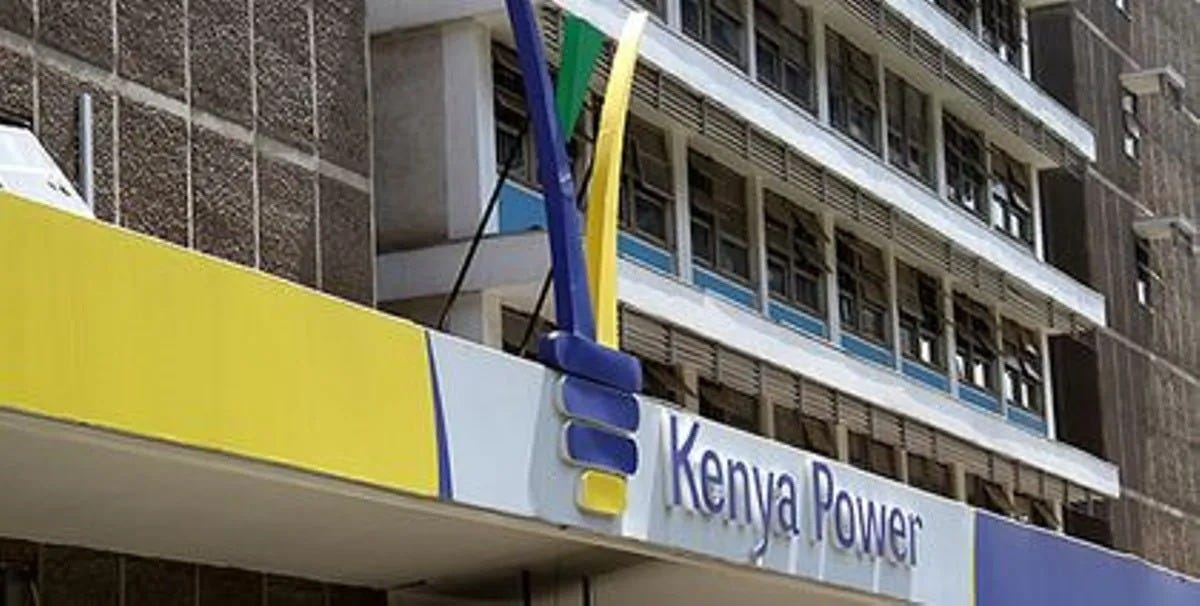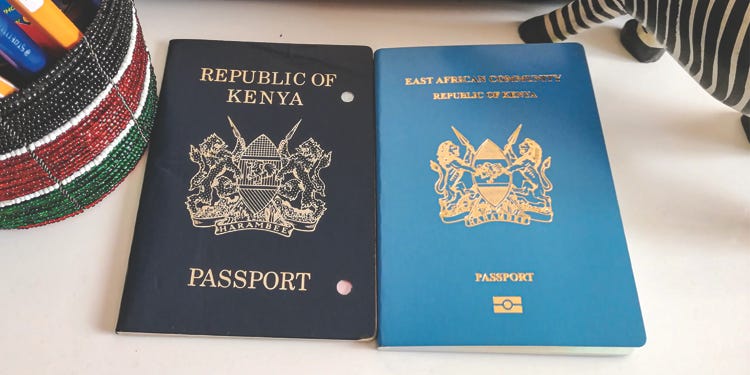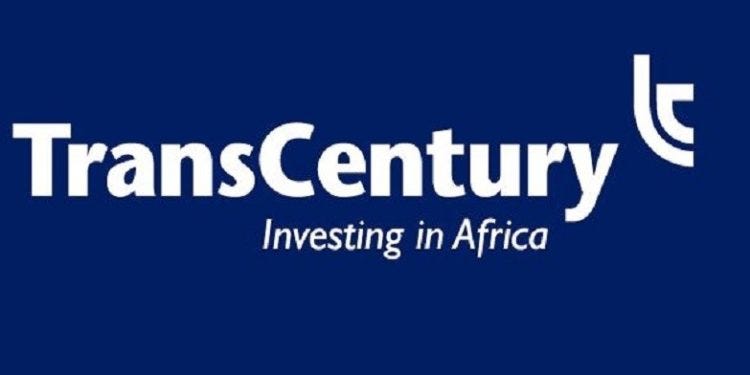Happy new year!
Cost of living crisis?
Now that the joy of ushering in the new year is settled, Here is an update of changes that affect the cost of living this year.
1. Capital Gains Tax triples to 15%
As of 1 January this year, capital gains tax resulting from gains through the sale of land, houses, and unquoted shares tripled to 15% from the current 5%.
Parliament had approved the increase before last year’s General Election and allowed the Kenya Revenue Authority (KRA) to start collecting the higher taxes from 1st January this year.
The implementation of the 15% capital gains tax will lead to reduced income for people selling land, buildings, and company shares outside the Nairobi Securities Exchange (NSE) as well as intangible assets such as software and business goodwill.
2. Electricity subsidy has been scrapped off
Homes and businesses will pay 15% more for electricity this year after President William Ruto declined to extend a multibillion-shilling subsidy initiated by the previous government.
Daniel Kiptoo, director-general of the Energy and Petroleum Regulatory Authority (Epra), stated that the 15% discount would not be extended beyond its expiry date of December 31, 2022.
The Ksh 26 billion subsidy was intended to alleviate the cost of living crisis and boost economic growth by making energy costs competitive with other African countries such as Ethiopia, South Africa, and Egypt.
3. Bank to mobile money transaction costs resume
Last year, the Central Bank of Kenya (CBK) announced the return of charges on transactions between mobile money and bank accounts. The charges were to resume on 1 January 2023.
“The revised charges for bank-to-wallet and wallet-to-bank transactions will be announced by respective Payment Service Providers (PSPs) and banks, and will be effective from January 1, 2023,”- CBK .
Transactions for PayBills are to be halved by 50 percent while the charges levied by banks for bank-to-mobile money transactions are to be reduced by 45 percent.
Has your Bank Notified you of the revised charges? 4. School fees subsidy for secondary schools discontinued
The Ministry of Education eliminated a secondary school fee subsidy introduced in 2020. According to a ministry circular, parents will have to pay Ksh53,554 for national schools, as they did before the subsidy.
National school students paid Ksh45,054, while Extra County and County school students paid Ksh35,035.
From this year, students attending national and extra-county schools will pay Ksh53,554, and students in county and sub-county boarding secondary schools will have to pay Ksh40,535 per year, an increase from Ksh35,000.
TRAVEL
Don’t have the new generation passport? you could be denied exit from Kenya
Immigration director-general Alexander Muteshi stated that Kenyans traveling back to Kenya using the old generation passports past the 31 December 2022 deadline will still be allowed entry. However, they would be denied exit if they do not have the new generation passport.
Kenya has been phasing out the old-generation passports as part of a binding commitment to migrate to the new East African e-passport.
The decision to adopt a new generation of passports and phase out the old ones was reached by the EAC Head of States in March 2016 in Arusha, Tanzania.
ECONOMY
Kenya’s economy slowed down for the 5th year in a row
According to The Kenya National Bureau of Statistics, Kenya’s economic growth slowed for the fifth consecutive quarter. The Kenya National Bureau of Statistics stated that expansion in economic activity slowed by nearly half to 4.7% in the third quarter that ended September 2022, down from 9.3 percent% in 2021.
The growth in the gross domestic product (GDP) in the review period was also slower than 5.2 percent in the second quarter this year, 6.8 percent (first quarter of 2022), 7.4 percent (fourth quarter of 2021) and 9.3 percent (third quarter of 2021).
Farming activities, which account for more than a fifth of Kenya’s GDP, contracted 0.6 percent compared with a marginal growth of 0.6 percent in similar period in 2021
COMPANIES
Saudi Aramco set to enter the Kenyan market
Saudi Aramco, the world’s biggest oil producer, is set to enter the Kenyan market through the acquisition of US motor oil and lubricants group Valvoline which has a presence locally.
The Competition Authority of Kenya (CAK) gave Aramco Overseas Company, the investment arm of Saudi Aramco, the nod to acquire the Kenyan operations of VGP Holdings as part of the global deal worth $2.65 billion.
“The Competition Authority of Kenya excludes the proposed acquisition of control of VGP Holdings LLC by Aramco Overseas Company B.V from provisions of the Act ,” - Notice by the Competition Authority of Kenya Director-General Wang’ombe Kariuki.
Valvoline deals in lubricants such as brake fluids, gear oils, greases, and transmission fluids. its acquisition by Saudi Aramco will offer it financial muscle and a shareholder who has a focus on Africa.
The acquisition will trigger shifts in Kenya’s fuel lubricants market which is currently dominated by multinational firms such as Vivo – seller of Shell products —, Total Energies, and Rubis.
CAPITAL MARKETS
Transcentury Group kicked off Ksh 2 billion share sale
TransCentury Group (TC) began trading its rights issue at the Nairobi Securities Exchange (NSE) as it hopes to raise Sh2.063 billion.
The trading that started on December 29 is aimed at helping the infrastructure investment firm recapitalize the business, reduce debt, and unlock working capital for its underlying businesses.
TC shareholders will have until January 23, 2023, to take up the 1.87 billion new ordinary shares which are on offer at the price of Sh1.10 per piece.
The results of the rights issue will be announced on 9th February 2023.
The new shares from the rights issue will be listed to commence trading at the NSE on 28th February 2023.
WHAT YOU MIGHT HAVE MISSED
1. Kenya Airways to get additional state bailout
Kenya Airways (KQ) will get an additional State bailout of KES 34.9 billion to help the airline repay debts including to aircraft lessors.
In a letter to International Monetary Fund (IMF), Treasury Cabinet secretary Njuguna Ndung’u said the financial support is contained in the supplementary budget that will be tabled at the National Assembly before the end of January 2023.
The IMF, which had entered into a 38-month programme with Kenya to help it deal with its debt vulnerabilities, pushed for the restructuring of KQ as one of the conditions of the program.
2. Acorn to roll-out a retail investor aggregator platform named 'Vuka'
The Capital Markets Authority (CMA) granted a 'No Objection' to Acorn Investment Management Limited’s plan to roll-out a retail investor aggregator platform named 'Vuka' to the mass market.
How the ‘Vuka’ platform works
Retail investors are onboarded to Vuka by registering and paying annual membership fees.
Once on the platform, investors contribute funds into Acorn Capital Partners LLP (ACPL) through a CMA-licensed custodial account.
ACPL purchases units in asset-backed and CMA-approved products such as the Acorn Student Accommodation Income Real Estate Investment Trust (ASA I-REIT) and allocates them to investors in Vuka, in proportion to their investments.
Investors can trade amongst themselves on the platform by placing buy and sell orders.
Whenever excess buy or sell orders are recorded, the additional units are purchased from the Nairobi Securities Exchange Unquoted Securities Platform.









